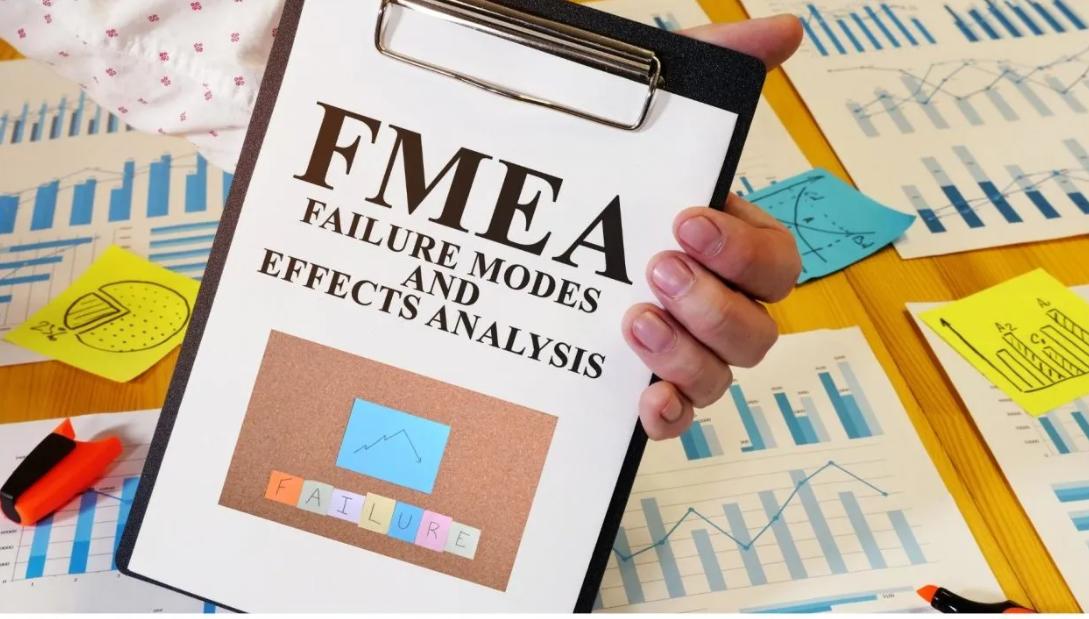In today’s competitive business landscape, it is essential for organizations to continually improve their processes, products, and services to stay ahead. Failure Mode and Effects Analysis (FMEA) methodology is a proactive approach that helps identify and address potential failures systematically. Training your team on FMEA methodology can greatly enhance their problem-solving skills and contribute to overall process improvement.
1. Understand the Basics of FMEA
Before training your team on that methodology, it is crucial to have a comprehensive understanding of its principles and processes yourself. Familiarize yourself with the different types of FMEA, such as Design FMEA, Process FMEA, and System FMEA. Gain knowledge of the key terms, including failure modes, effects, and causes.
2. Customize the Training Material
Every organization has its unique processes, products, and challenges. Therefore, a one-size-fits-all approach to FMEA training may not be suitable. Customize the training material according to your organization’s specific needs. Incorporate examples and case studies relevant to your industry and processes. This will enable your team personnel to relate to the concepts more effectively and apply them in their day-to-day work.
3. Provide Hands-on Practice
Theory alone is not sufficient to grasp the complexities of how to do FMEA. To ensure effective learning, provide ample opportunities for hands-on practice. Assign case studies or projects to your team members, which they can apply to identify potential failures and their effects. Encourage collaboration and discussions, as this will deepen their understanding and help them learn from one another’s experiences.
4. Foster a Continuous Learning Environment
Encourage your team to continually refine and enhance their FMEA skills. Provide resources and platforms for self-learning, such as books, articles, and online courses. Conduct regular follow-up sessions to discuss any challenges or successes encountered while applying this methodology. This will create a culture of learning and improvement within your team.
5. Mentorship and Guidance
Assign experienced mentors or subject matter experts to guide and support your team throughout their training journey. These mentors can provide valuable insights and help address any doubts or queries that arise during the training process. Regular mentorship sessions will ensure that your team receive personalized attention and feel supported in their learning journey.
Conclusion
Training your team on FMEA methodology effectively requires thorough knowledge, customization of training material, hands-on practice, fostering a continuous learning environment, mentorship, and evaluation. By implementing these strategies, you can enhance your team’s problem-solving skills, promote a culture of continuous improvement, and drive success in your organization. Remember, training is an ongoing process, and it is vital to keep challenging and supporting your team to achieve optimal results.

